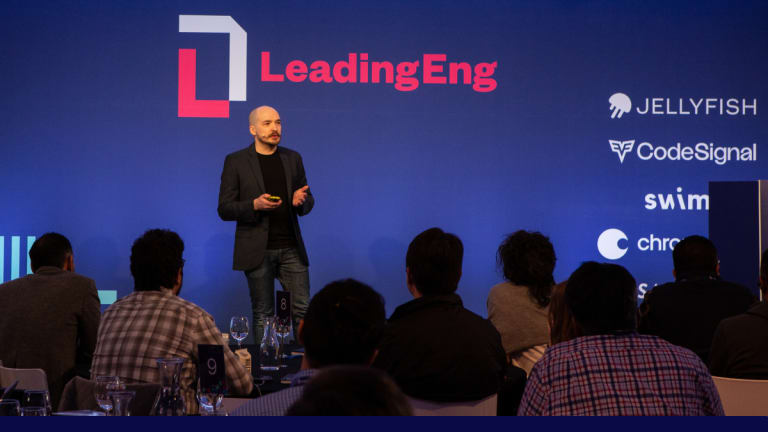Register or log in to access this video
As you grow in your career, it can be harder and harder to assess personal progress.
When you’re a junior developer, it’s relatively easy to see if you’re moving in the right direction — your code works, or it doesn’t. When you’re a leader with larger goals and longer-term projects, feedback loops lengthen.
It can take months, quarters, or years to assess the success of an important feature delivery or to understand the true impact of organizational or cultural change. In most cases, we can’t wait that long to spot issues and course correct them, to advocate for additional resources, or to communicate and celebrate wins.
By drawing on the same principles of observability that we use when building software, engineering leaders can shorten the feedback cycle and take a data-driven approach to guide their professional growth.





